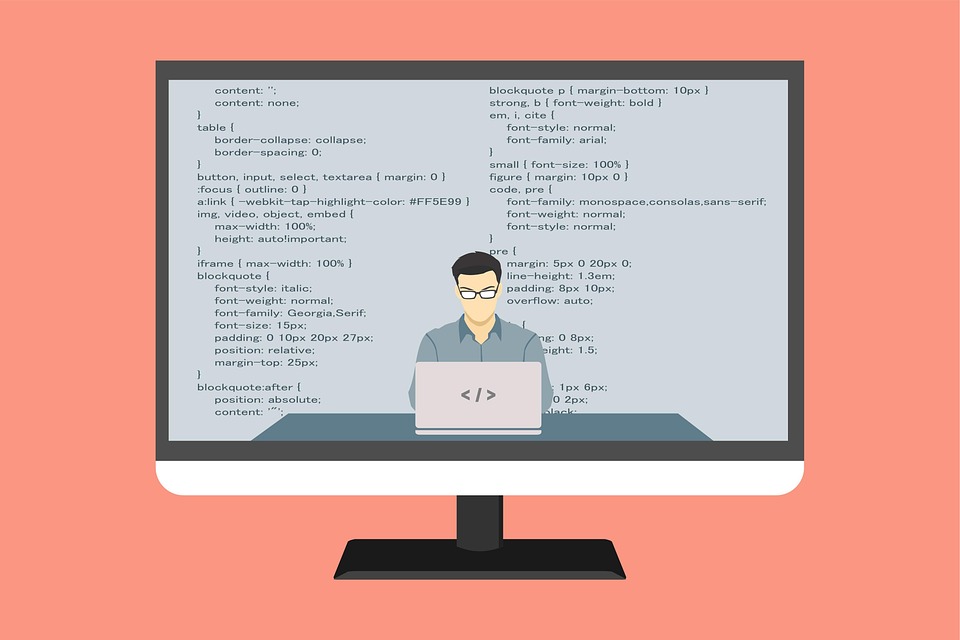In an age where technology is a cornerstone of daily life, the responsibility of software developers has never been greater. The ethical implications of coding extend beyond simple lines of code or technical features; they embody the very values that define our society. As developers, the choices made during the software development process can significantly impact individuals and communities, making it crucial to navigate these ethical waters diligently.
Understanding Ethical Frameworks in Software Development
1. Utilitarianism
Utilitarianism posits that the best action is the one that maximizes utility, typically defined as that which produces the greatest well-being for the greatest number. In software development, a utilitarian approach might prioritize features that enhance user experience and accessibility while minimizing potential harm.
2. Deontological Ethics
Deontological ethics is concerned with rules and duties. Under this framework, developers may adhere to strict coding standards, privacy laws, and ethical guidelines regardless of the outcomes. For instance, when handling user data, adhering to regulations like the General Data Protection Regulation (GDPR) reflects a deontological approach that prioritizes ethical duties over potential profits.
3. Virtue Ethics
This ethical framework emphasizes character and virtues. From a virtue ethics perspective, developers should cultivate honesty, integrity, and transparency in their work. For example, being truthful about limitations or potential risks of a software product exemplifies this approach.
Key Ethical Considerations in Software Development
1. Data Privacy and Security
In today’s digital landscape, data breaches and misuse of personal information are increasingly common. Developers have an ethical responsibility to implement stringent security measures, ensuring that user data is protected from unauthorized access or leaks. This also involves being transparent about data collection and usage policies.
2. Inclusivity and Accessibility
Software should be designed to be inclusive and accessible to all users, regardless of their abilities or backgrounds. Developers must consider diverse user needs during design and testing phases to ensure that their products do not exclude or discriminate against certain groups.
3. Algorithmic Bias
Algorithms can perpetuate existing biases present in the data on which they are trained. Developers have a responsibility to examine their algorithms for potential biases and work to mitigate them. This includes being aware of how algorithms can influence decision-making in critical areas like hiring, lending, and law enforcement.
4. Environmental Impact
As society becomes increasingly aware of climate change, the environmental impact of software development has garnered attention. Developers should consider the energy consumption and carbon footprint of their applications, adopting practices that minimize environmental harm, such as optimizing code and leveraging energy-efficient hosting solutions.
5. Malicious Use of Technology
Unfortunately, software can be misused—ranging from creating malware to facilitating hate speech or invading privacy. Developers must consider the potential misuse of their technology and take proactive steps to mitigate harmful effects, such as implementing robust reporting mechanisms and ensuring compliance with ethical standards.
The Role of Education and Collaboration
To foster a culture of ethical software development, education plays a vital role. Incorporating ethics into computer science curricula and providing developers with access to resources on ethical practices can empower them to make informed decisions. Collaborative discussions within teams and organizations can also help foster an environment where ethical considerations are prioritized and normalized.
Conclusion
As technology continues to evolve and permeate all aspects of human life, the ethical responsibilities of developers will only become more complex. Navigating the ethics of coding requires dedication, vigilance, and a commitment to upholding the principles that promote a just and equitable society. By embedding ethical considerations into every stage of software development—design, coding, testing, and deployment—developers can contribute to creating technology that not only meets user needs but also respects their rights and promotes the greater good. The journey toward ethical coding is not just a professional responsibility; it is a moral imperative that we must tackle head-on.

